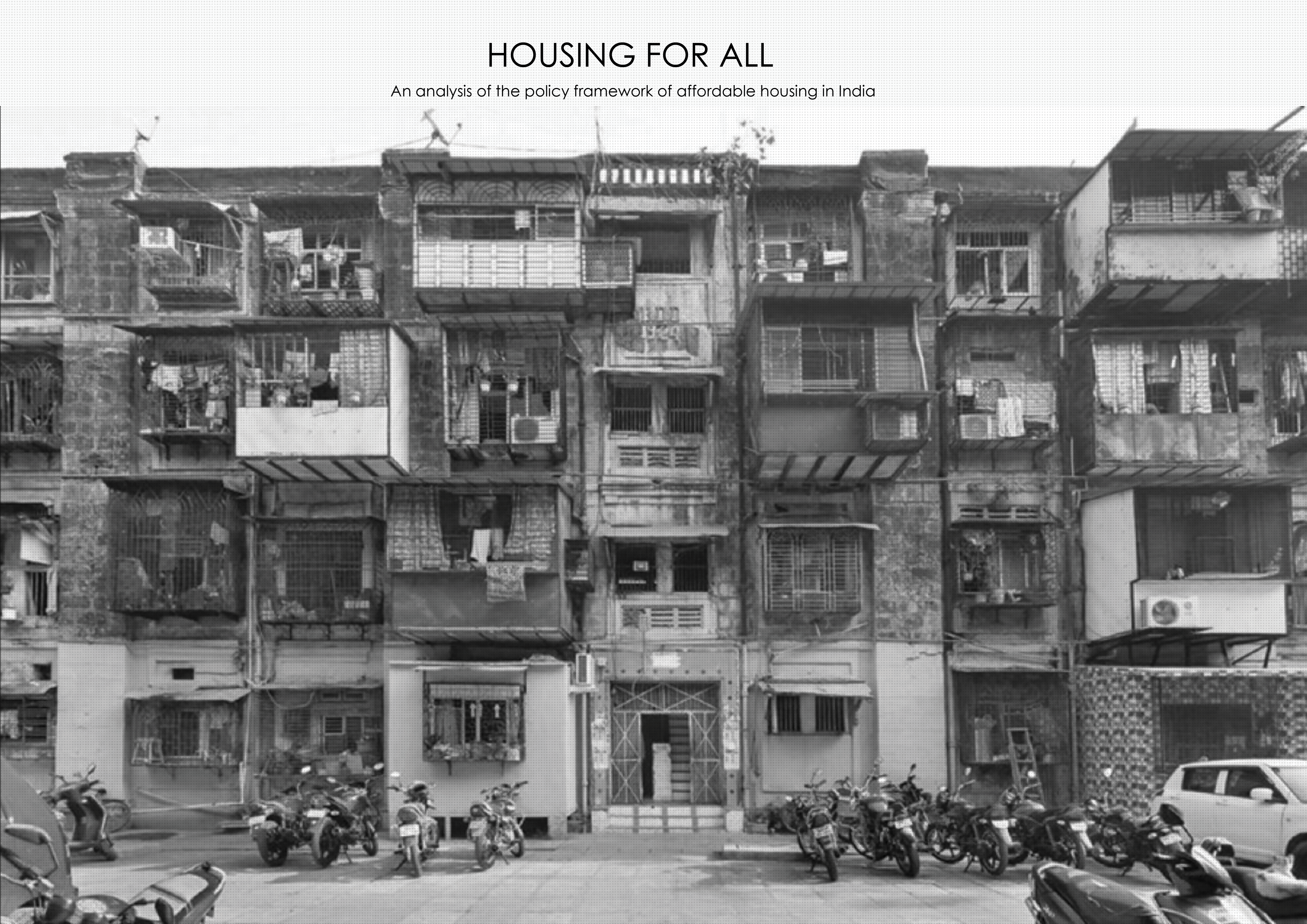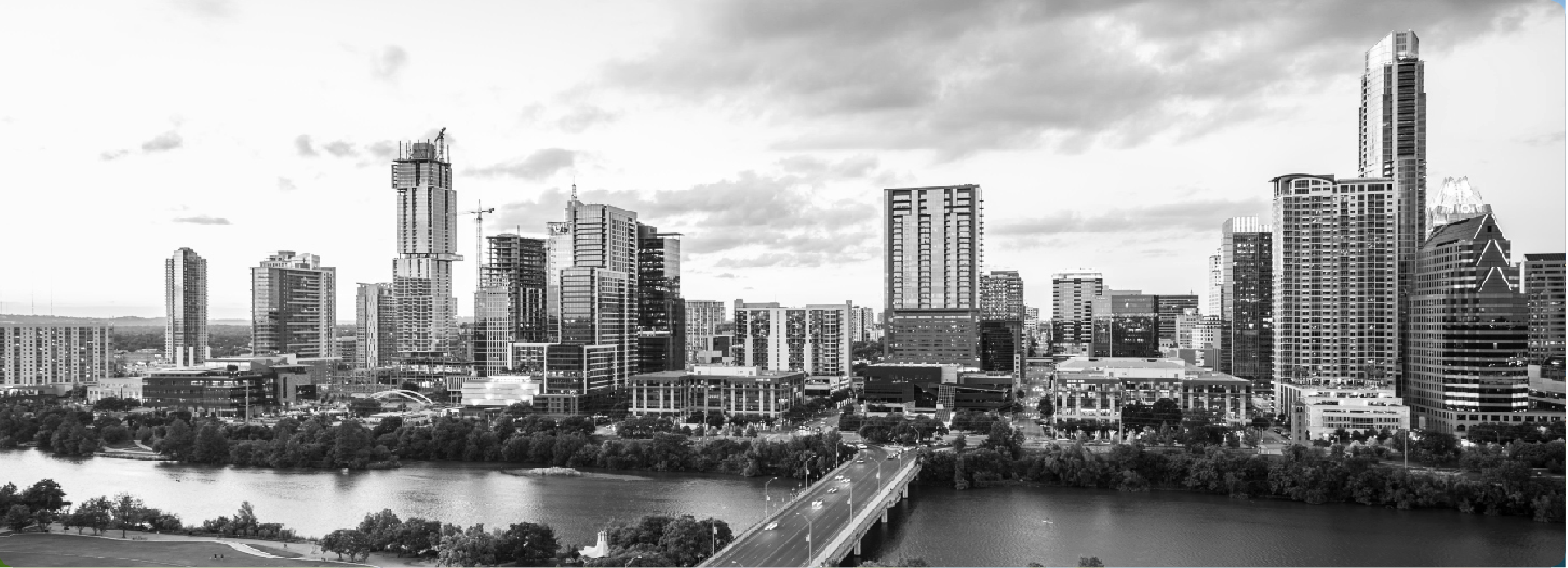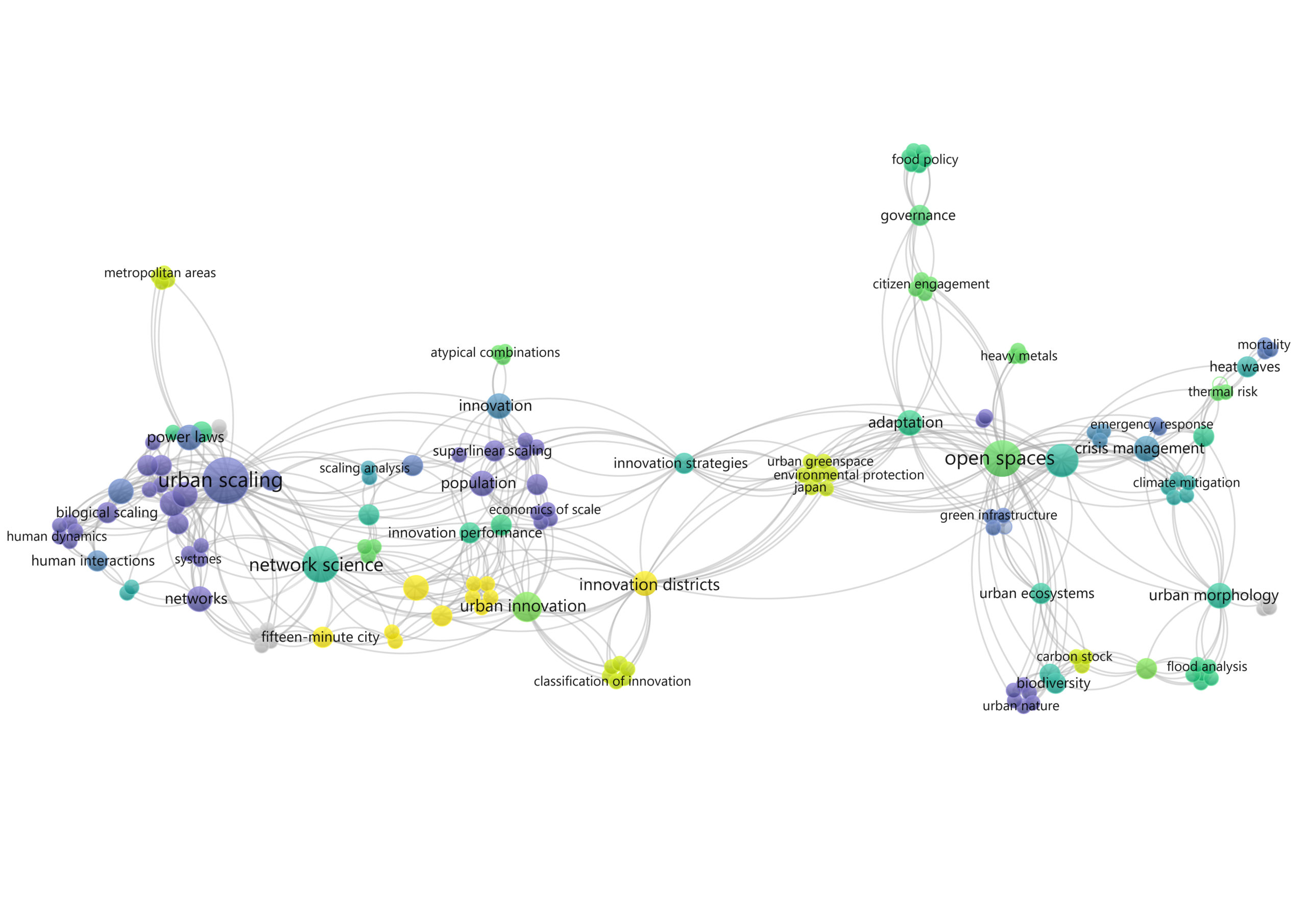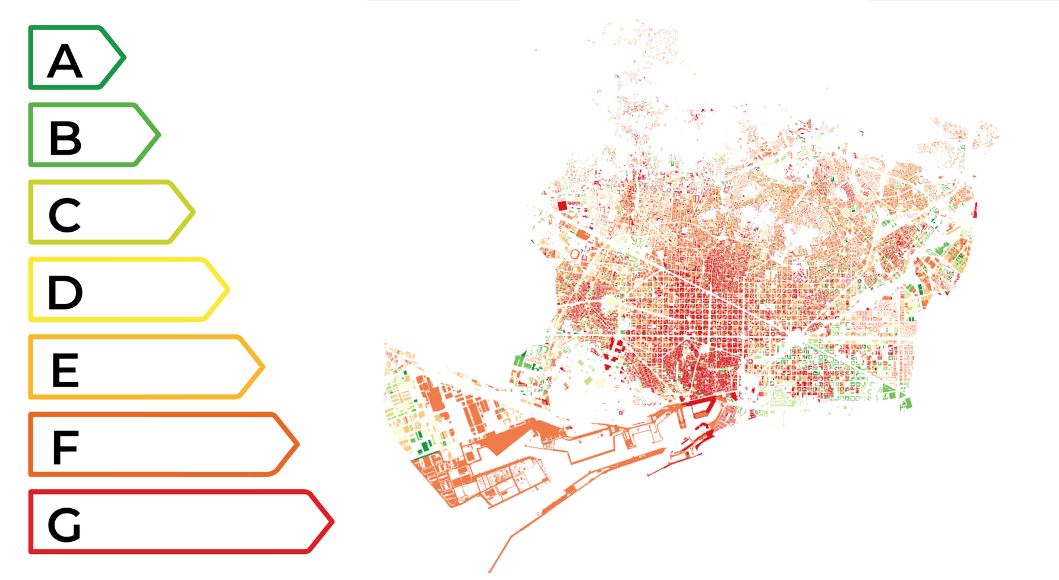Housing for All
India is one of the fastest developing countries with many metropolitan cities like Mumbai, Bangalore, and Hyderabad. Migration from villages and small towns to metropolitan areas has increased tremendously in India and led to the degradation of urban environmental quality and sustainable development especially in the metropolitan cities. The problems faced by the people living … Read more







